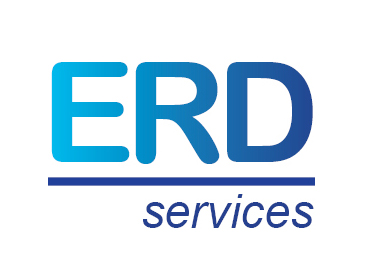HCL Tech’s ER&D Services Revenues Up an Incredible 47.7% in Q3 FY18
HCL Tech reported an amazing 47.7% y/y revenue growth in its Engineering and R&D services (ERS) business, in Q3 FY18. We estimate that ERS revenues were USD 480m, a revenue increase of USD 156m, compared to Q3 FY17. ERS is now a very large unit within HCL and among ER&D service vendors, with calendar year 2017 revenues of USD 1.68bn.
Looking below the surface: HCL Tech confirmed growth had come from primarily its IP partnership and then from the Geometric acquisition in PLM services. We estimate the organic growth to still be in the range of 5%-15% this quarter, which is in line with the performance of competitors.
HCL provided some additional information, that complements the analysis we published last quarter. More information about HCL Tech’s partnership with IBM here.
In short, HCL Tech is looking to build a standalone software product business, in automation, DevOps, and digital, and also applications. The intent is not to create a CGI- or Amdocs-like solution business with multi-year application outsourcing contracts that include software licenses.
HCL is systematically investing in these IP partnerships, having gained a third partner in Q3 FY18, with a West Coast ISV around remote management and provisioning software (i.e. application release automation). In total, HCL Tech has invested USD 1.1bn – USD 1.2bn so far on IP partnerships (with the vast majority with IBM) including USD 300m last quarter. This is not only IP partnership-based and HCL Tech is also developing its own software product independently.
HCL Tech has developed its methodology for on-boarding new IP: it is focused on:
- Initially making sure the software products can be deployed easily, using Docker technology
- Improving rapidly the UX of the software product
- Make the software product API -ready through the deployment of REST API.
At this point, it looks like that HCL Tech is getting minimal revenues from license fees: the company is looking to develop a software product direct sales force in the future. In other words, HCL Tech is getting fees from IBM for enhancing its software products.
We are starting to understand better where HCL Tech want to go with its IP business . What remains unclear is the business case around the IP partnerships: what is the business case from having committed to invest USD 1.2bn in IP partnerships, while having gotten an additional (our estimate) USD 300m in software product development revenues in the past 18 months. Are IP partnerships a way for IBM to buy software product development services at a discounted rate? Or is it financial engineering that is so clever that we do not understand it. Why is HCL slow in building its own direct sales force, if its goal is to create a sizeable software product business?
Finally, we reiterate what we wrote last quarter: “And finally, the philosophical question, again. Are the Indian vendors, in their search for non-linear growth, being greedy, as they look at the high margins of ISVs? Or are they bold and forwarding-looking? So far, the jury is still out, as we are lacking a clear view of what is going with these vendors’ software product sales”.
